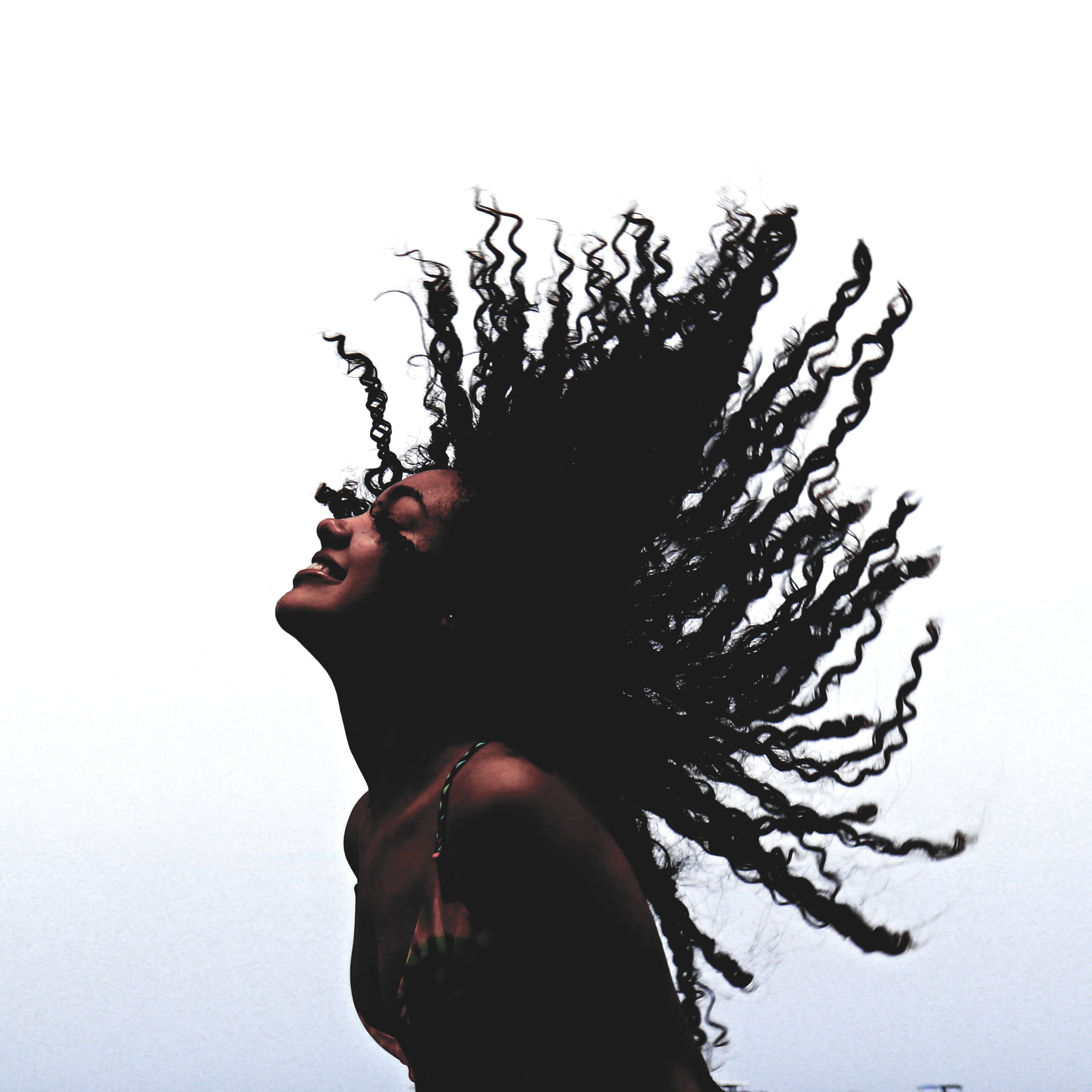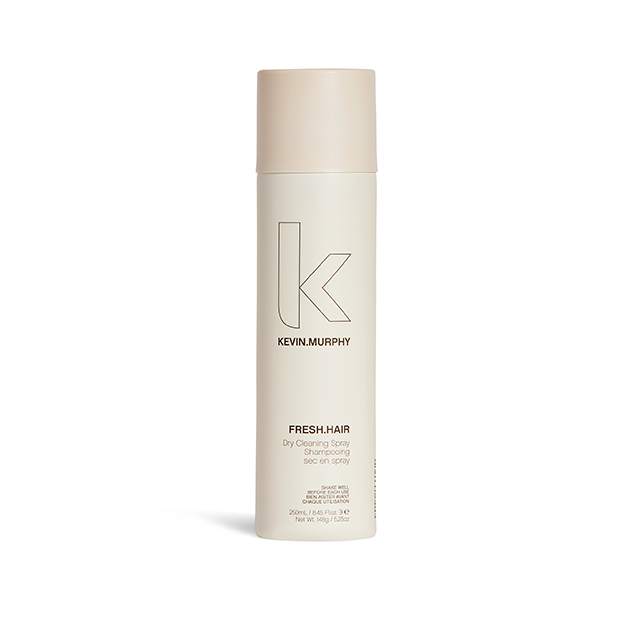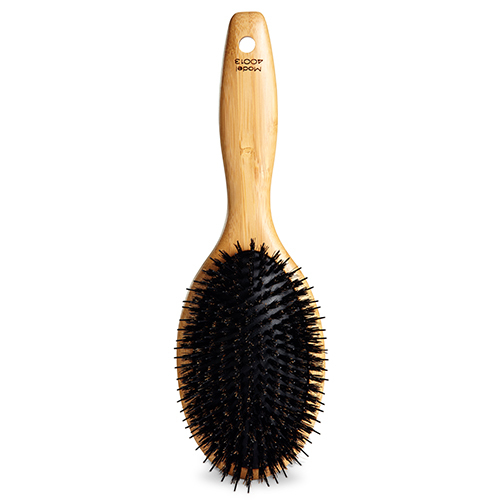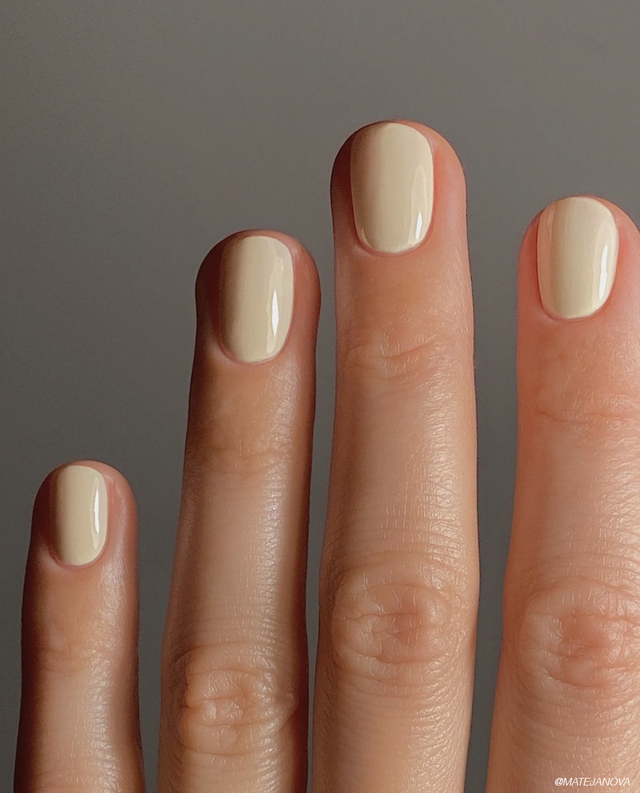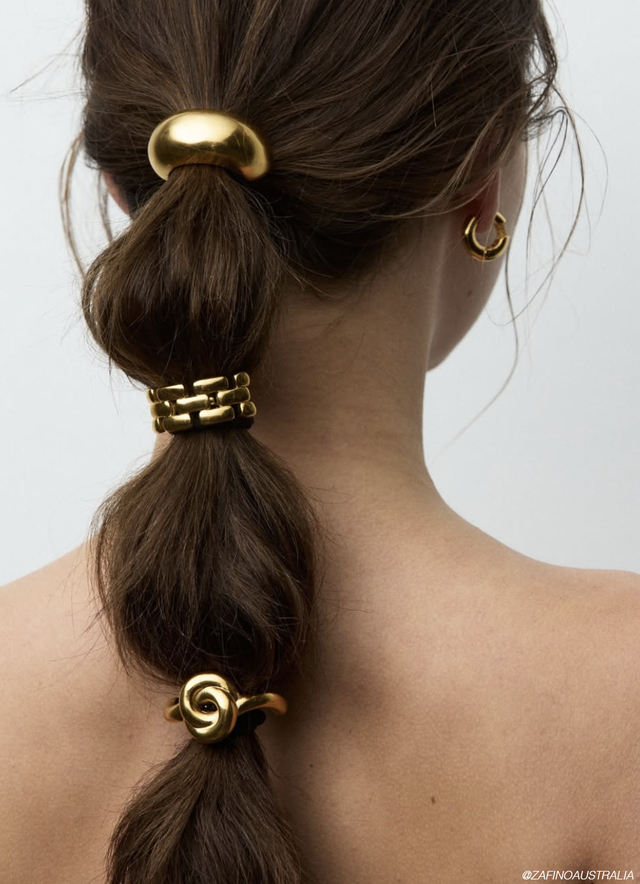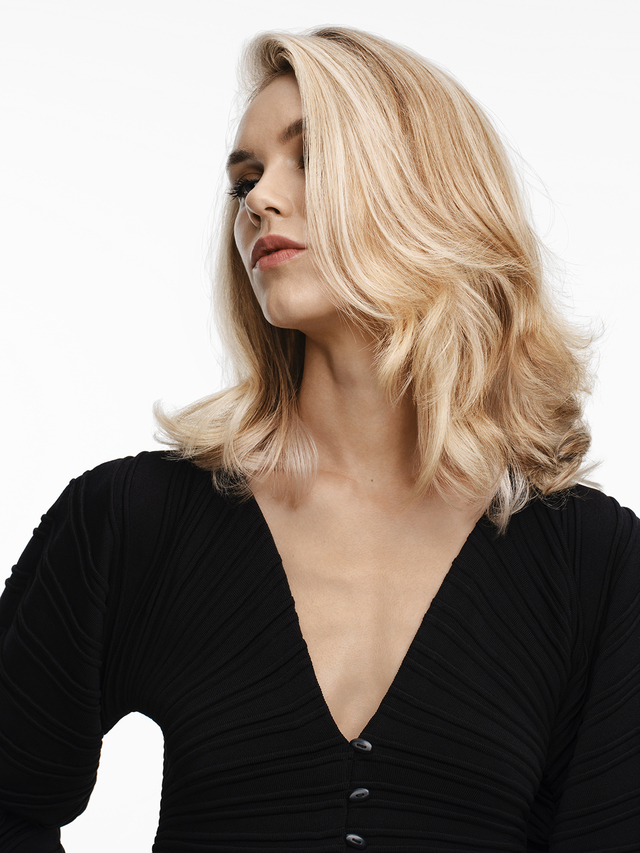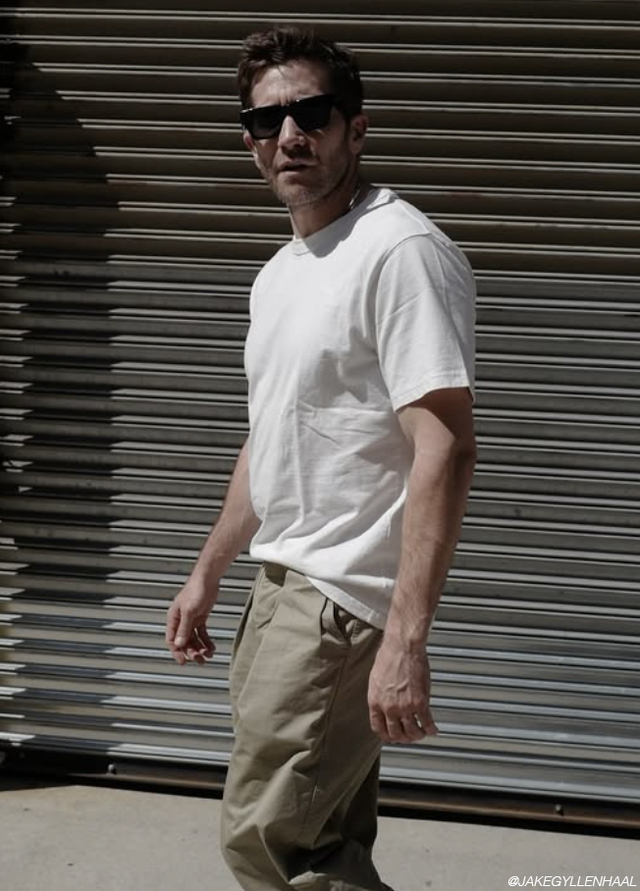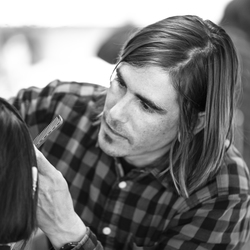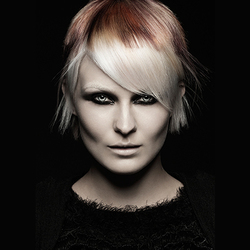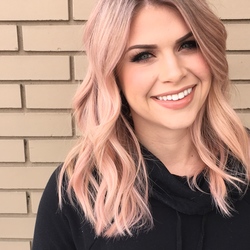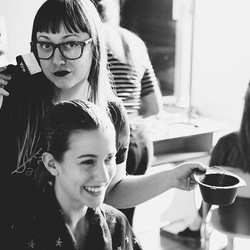Oil training: you may have seen this beauty trend making its way across social media lately, but what exactly is it? Generally speaking, the idea is that you can train your skin, scalp, hair, etc. to be less oily over time by limiting how often you wash with soap or shampoo. Beauty bloggers, YouTube influencers, social media stars, and even some celebrities have all sang the praises of scalp oil training, claiming that it leads to less-greasy, softer strands and amplified volume.
So, does it work?
Both in theory and in practice, the answer seems to be yes. Shampoos, even those specifically formulated to be gentle, don’t only remove unwanted impurities like dirt and grease—they can also strip away your scalp’s natural oils. In response, your scalp can go into overdrive, kicking up oil production. As a response, you’re likely to shampoo even more frequently, leading to a vicious cycle. But, lowering the frequency of shampoos can allow your scalp to re-balance itself by actually reducing its natural oil production.
Of course, oil production isn’t purely environmental. Some things, like your diet or genes, can have an effect on how oily or dry your skin and scalp are. But, if you wash your hair every day and it tends to be on the greasy side, scalp oil training might help.
The Pros & Cons of Scalp Oil Training
The idea sounds simple enough—cut back on shampooing your hair and your scalp will magically stop producing as much oil, right? Not quite. Unfortunately, the process of oil training your scalp can be tricky. You’ll have to get comfortable with some greasy hair days in the beginning, and we suggest you make friends with a good dry shampoo (check out KEVIN.MURPHY’s FRESH.HAIR dry cleaning spray).
Here are some of the pros and cons of oil training your scalp:
- Pro: When it works, oil training your scalp will lead to lowered natural oil production, meaning your hair will be naturally softer and more voluminous.
- Con: Getting through the first few days can be rough. Be prepared to experience a few oily hair days when you first start oil training your scalp.
- Pro: Washing your hair less frequently means you can extend your good hair days and save your style.
- Con: If you tend to use a lot of products, you might start to experience significant buildup, which can make your hair feel “dirty” and weigh it down.
- Pro: If you color your hair, washing it less often can help protect your color. This is especially true for those with vivid or rainbow looks.
- Con: It might not work. If genetics, diet, or additional outside factors play a role in your scalp’s oil production, oil training might not be the answer.
Tips for Oil Training Your Scalp
If you do decide to oil train your scalp, it’s a good idea to prepare first. We’ve already mentioned that you should be ready for a bit of discomfort in the beginning, especially if you’re used to freshly washed strands every day. But if reducing oiliness is your main goal, it’s also a good idea to practice good-hair techniques to accomplish this while you oil train.
Our tips for oil training your scalp:
- Find a shampooing schedule that works for you. Maybe that’s once every three days or just once a week. Learning what’s right for your scalp can be a process, but one that’s ultimately worth it.
- Start off with a clarifying shampoo. It’s important to remove as much buildup as possible before starting your scalp oil training journey. A clarifying shampoo will remove product buildup, as well as excess dirt and oils.
- Get familiar with dry shampoos—and learn how to use them the right way. Choose a lightweight product and, from about four to six inches away, spray into roots. Using your fingertips, massage the dry shampoo into your roots to help it absorb excess oil.
- Brush your hair! It may seem obvious, but brushing your hair is important if you want to avoid an oily scalp. Use a boar bristle brush, like the Sam Villa Signature Series Styling Brush, to help distribute oil throughout the hair.
- Go easy on the conditioner. You may be tempted to over-condition your hair, but this can lead to more product buildup which will ultimately leave your hair feeling dirty and weighed down.
